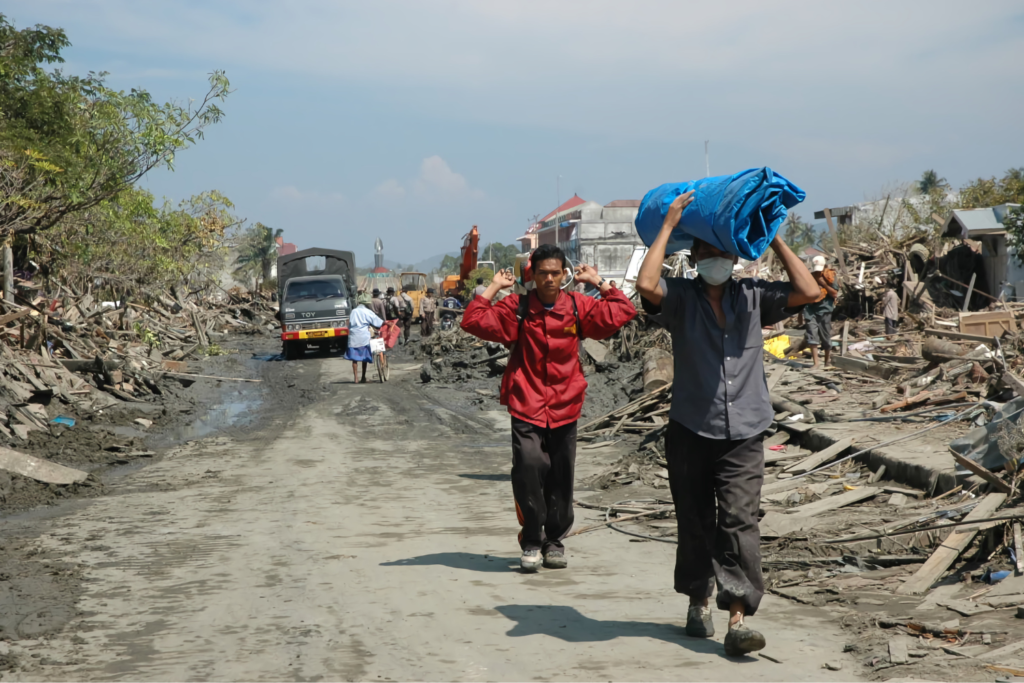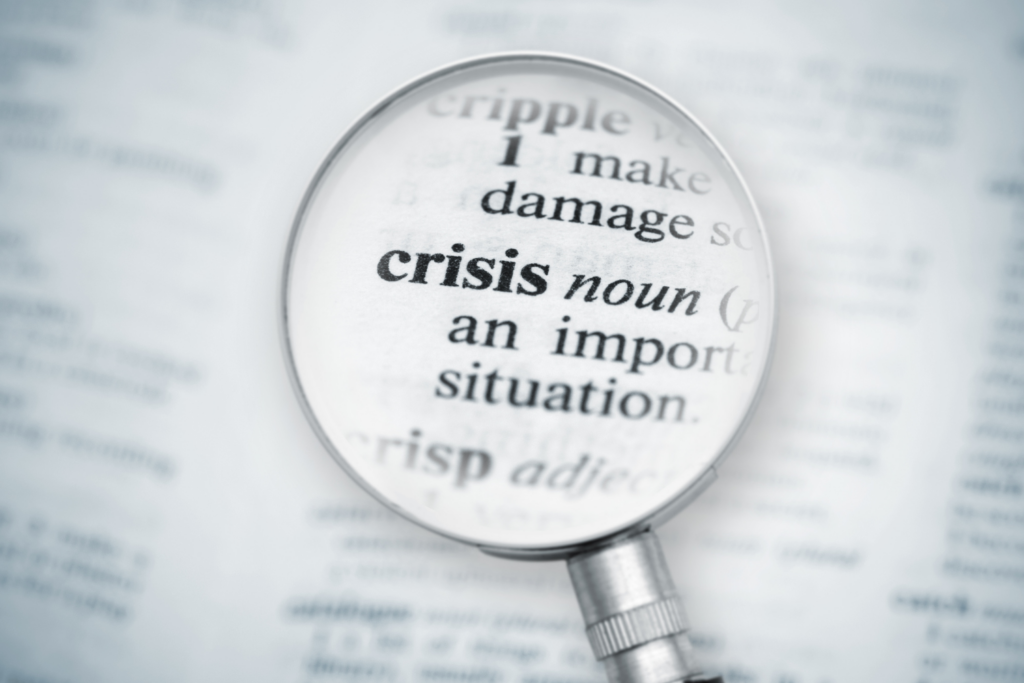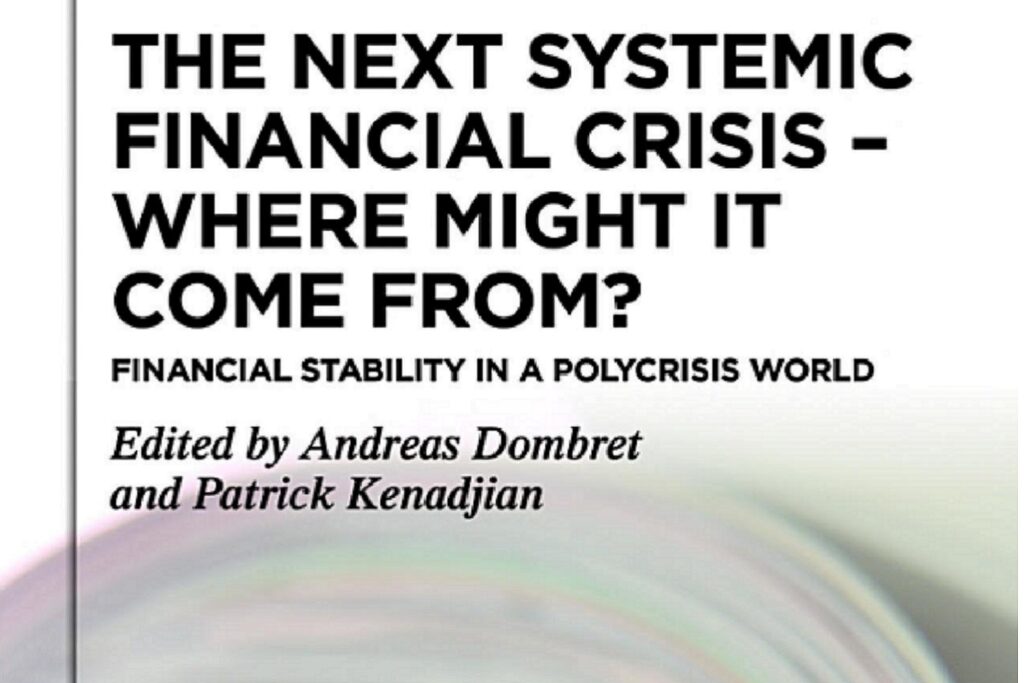Inequality and the Polycrisis
Jeremy Brecher examines how the era of neoliberal globalization, which initially facilitated economic growth in developing nations through global trade and investment, is now giving way to a polycrisis marked by escalating global inequality and poverty.
Inequality and the Polycrisis Read More »










